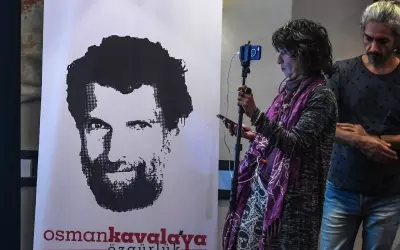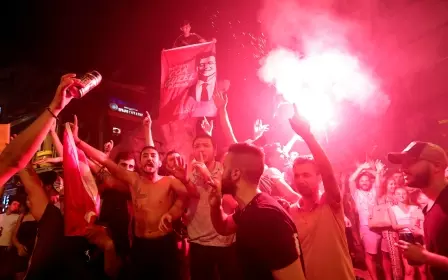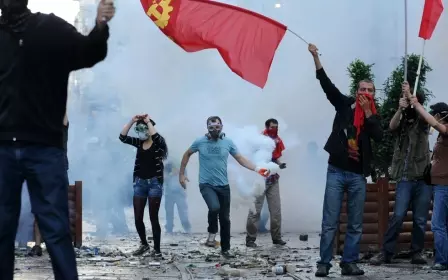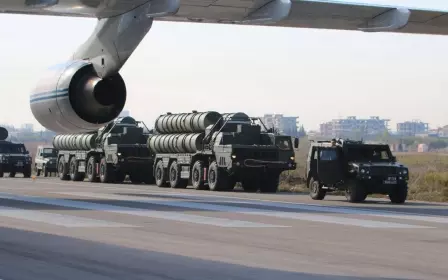Gezi Park: Turkish court tries civil society figures over 2013 protests
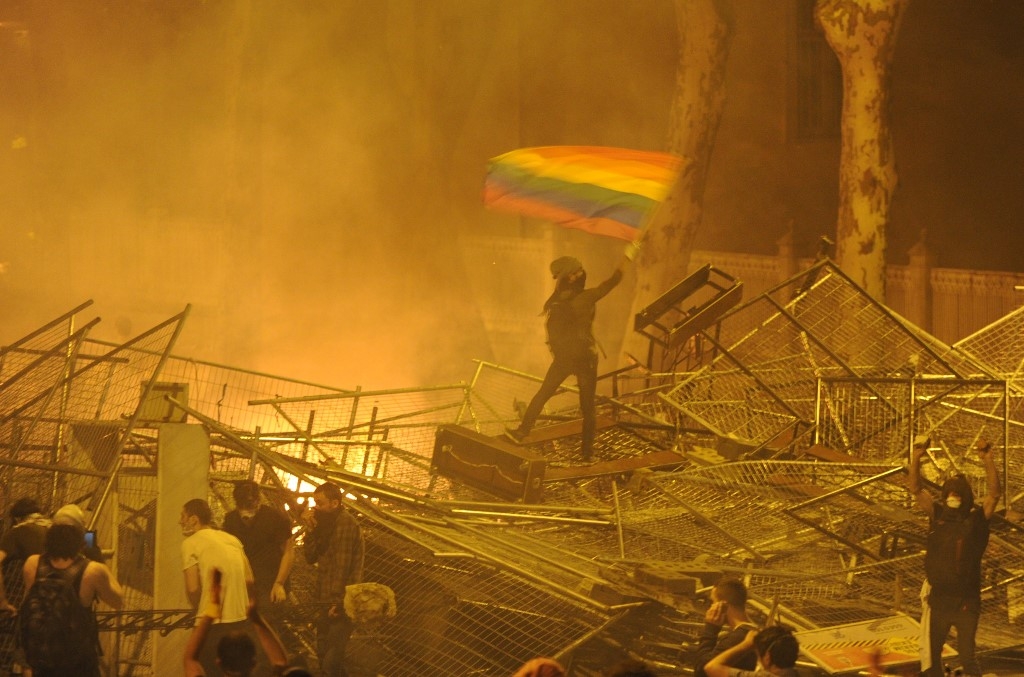
Prominent Turkish businessman Osman Kavala and 15 other civil society figures went on trial on Monday accused of trying to overthrow then-prime minister Recep Tayyip Erdogan's government by organising nationwide protests six years ago.
The Gezi demonstrations started in the summer of 2013 as a protest against the redevelopment of one of the last green spaces in Istanbul, but quickly spiralled into protests against Erdogan's rule.
Turkish prosecutors are seeking life sentences for the defendants who are accused of attempting to overthrow the government and financing the protests among other charges.
Kavala launched his defence on Monday in the court in Silivri, a town west of Istanbul and the site of Turkey's largest prison, where he has been held pending trial since 2017.
"The accusation for which I have been imprisoned for the past 20 months is based on a series of claims that have no factual basis and defy logic," Kavala told the court.
Outside the courthouse, several hundred supporters of the defendants gathered with riot police watching nearby.
Kavala is accused of spreading the protests through his organisation, Anadolu Kultur, a non-profit which promotes culture and human rights and is partly funded by European government institutions and NGOs.
A second defendant, Yigit Aksakoglu, was jailed last November since when he has been awaiting trial.
Other defendants include Mucella Yapici, an architect, Tayfun Kahraman, a city planner, and Can Atalay, a lawyer, were members of the Taksim Solidarity group that helped coordinate the protests.
Erdogan, now Turkey's executive president after constitutional changes, and his cabinet at the time of the protests are all plaintiffs in the case. The indictment names 746 people as injured parties in the nationwide protests, holding the defendants responsible for all injuries and damage to property.
In 2015, authorities acquitted several of the defendants in a case also related to Gezi protests. The current indictment said the evidence for that case had been re-evaluated and was being heard in the new trials.
Middle East Eye propose une couverture et une analyse indépendantes et incomparables du Moyen-Orient, de l’Afrique du Nord et d’autres régions du monde. Pour en savoir plus sur la reprise de ce contenu et les frais qui s’appliquent, veuillez remplir ce formulaire [en anglais]. Pour en savoir plus sur MEE, cliquez ici [en anglais].


